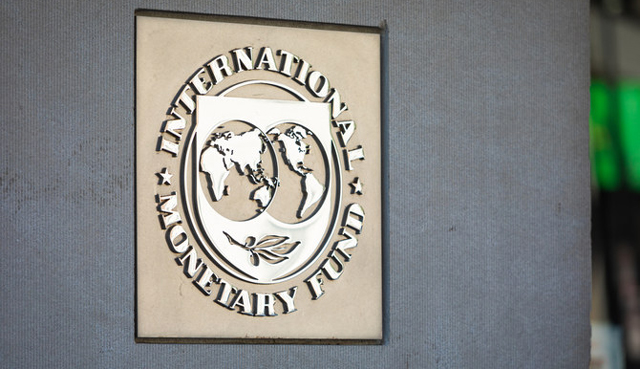
COLOMBO, June 2, 2023 (BSS/AFP) - Cash-strapped Sri Lanka's economy showed
"tentative signs of improvement" but recovery remains challenging and Colombo
must pursue painful reforms, the IMF said Friday.
The International Monetary Fund's Deputy Managing Director Kenji Okamura said
the country was emerging from its unprecedented crisis thanks to reforms
including the doubling of taxes, spending cuts and the scrapping of
subsidies.
A currency crisis since late 2021 led to severe shortages of food, fuel and
medicines and triggered months of protests that led to the toppling of former
president Gotabaya Rajapaksa in July.
"The current economic crisis has its genesis in policy missteps aggravated by
external shocks," Okamura said in a statement Friday, after meeting President
Ranil Wickremesinghe and other leaders on Wednesday.
"We discussed the importance of fiscal measures, in particular revenue
measures, for a return to macroeconomic stability."
Sri Lanka defaulted on its $46 billion external debt in April last year, and
is still negotiating with its bilateral and private creditors on repayments.
"The economic recovery remains challenging," Okamura added.
"Now, more than ever, it is essential to continue the reform momentum under
strong ownership by both the authorities and the Sri Lankan people".
Wickremesinghe, speaking to the nation on Thursday night, vowed to press
ahead with restructuring loss-making state enterprises despite resistance
from trade unions.
"Rebuilding a bankrupt nation cannot be achieved by using traditional
methods," Wickremesinghe said. "We must adopt a fresh approach and embark on
a new journey of transformation."
He said the state oil company, the electricity utility and national carrier
Sri Lankan Airlines made losses of more than $1.32 billion in 2021, adding a
huge burden on the island's 22 million population.
Wickremesinghe's new government secured a $2.9 billion bailout from the IMF
in March under a 48-month programme that commits Colombo to painful reforms.
Foreign debt restructuring was held up as the country's main bilateral
creditor, China, was initially reluctant to take a haircut and instead
offered more loans to pay off old debts.
Just over $14 billion of the total foreign credit is bilateral debt to
foreign governments, 52 percent of which is owed to China.